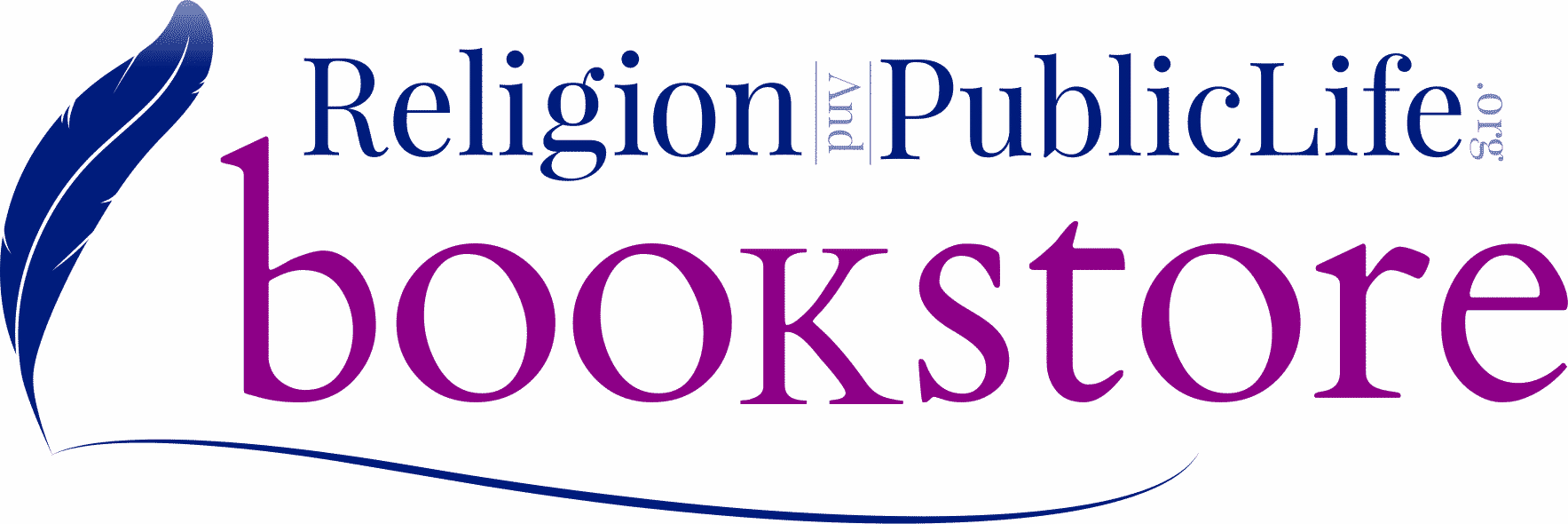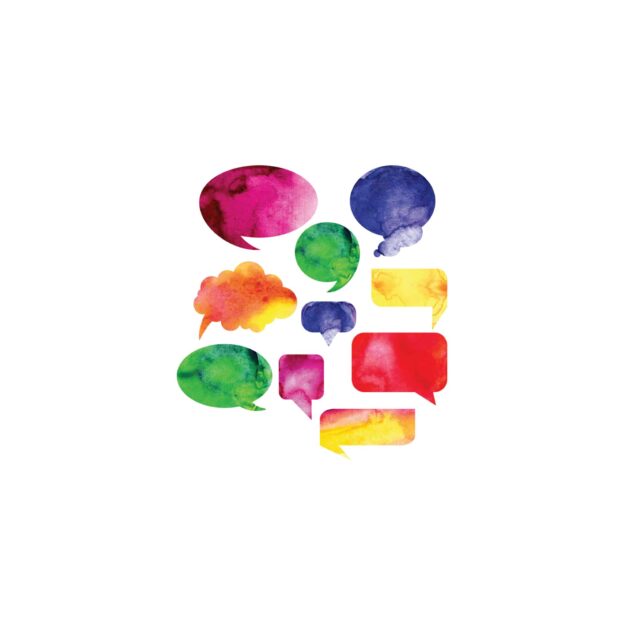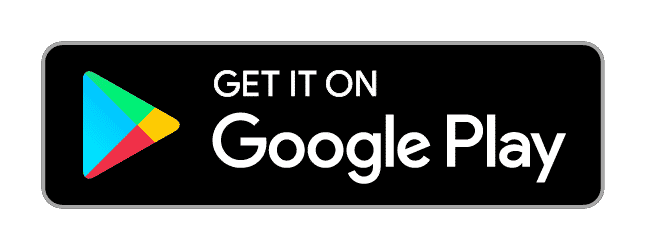Learning Objectives
By successfully completing this course you will
- Understand the purpose and function of an archive;
- Review open source software for organizing archives online;
- Learn to process metadata for an archive;
- Discover best practices for interview transcription; and
- Explore models and best practices for public engagement with an archive.
Login
Accessing this course requires a login. Please enter your credentials below!




